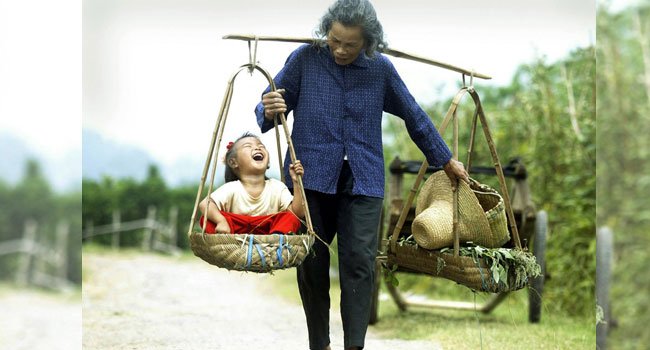Scientists say they have proven what many people fortunate enough to grow up with theirs grannies have known all along: Grandmothers have strong nurturing instincts and are hard-wired to care deeply about their grandchildren.
A new study published in the Royal Society B on Tuesday is the first to provide a neural snapshot of the cherished intergenerational bond.
Using functional magnetic resonance imaging (fMRI), researchers at Emory University in the southern US state of Georgia scanned the brains of 50 grandmothers who were shown pictures of their grandchildren, who were between three and 12 years old.
As a control, they were also shown pictures of an unknown child, an adult parent of the same sex as their grandchild, and an unknown adult.
“They recruited areas of the brain that are involved with emotional empathy, and also areas of the brain that are involved in movement and motor simulation and preparation,” James Rilling, an anthropologist and neuroscientist who led the study told AFP.
“When they’re viewing these pictures of their grandchild, they’re really feeling what the grandchild is feeling. So when the child is expressing joy, they’re feeling that joy. When the children are expressing distress, they’re feeling that distress.”
The same motor-related regions of the brain also light up in the brains of mothers and are thought to be related to the instinct to pick up a child or approach and interact with them.
By contrast, when the grandmothers viewed images of their adult children, there was a stronger activation of brain regions linked to cognitive empathy — trying to understand what a person is thinking or feeling and why, without as much emotional engagement.
This, said Rilling, might be linked to children’s cute appearance — scientifically known as “baby schema,” which the young of many species share in order to evoke a caregiving response

















